
Hurricane season is a critical period for Puerto Rico, and being prepared can make the difference between safety and danger. In
Never before have we depended so much on electricity. Basically, in almost every human activity, electric tools or electronic or digital machines have been implemented. In all fields we have this modern technology, which gives us great advantages in production, profitability and efficiency. Nevertheless, If the electrical power supply is interrupted, whether due to human error or an atmospheric inconvenience or any other reason, our activities are also interrupted.
At home, if the electricity doesn't come on fast, the food in the fridge goes bad. In a shopping center, the sales of its dependencies are seriously compromised. In industry, you just shut down the production line, and if you don't have power backup, there's not much you can do.
This support being necessary, A widely known and recognized option in the market given its enormous advantages is the electric generator. This is a machine that, over time, has become sophisticated to the point of being able to provide great electrical power efficiently and reliably. There are many advantages that it offers, and not only in the event of a failure in the main source.

Acquiring an electric generator turns out to be a very prudent and successful idea. However, questions arise that can discourage the decision to have one. But these are questions that with us you can solve. How to install it? What conditions to take into account? How does it work? How to choose the right one? And, what concerns us here, how to use it? In any case, we remind you that our staff is ready to provide you with the professional advice and specialized that you need.
A stationary-type electric generator must meet certain technical requirements to ensure that its operation is adequate, in terms of efficiency and safety. It is essential that the following guidelines have been taken into account in the installation process:
The conditions in which the electric generator is installed are decisive so that the subsequent operation is adequate. Among other factors, it must be considered that it is a machine in whose activity there is a combustion process, so good ventilation and good noise insulation must be ensured; so an ideal place is outdoors, but indoors to preserve the machine from the elements.
As mentioned above, the operation depends on the fuel that the electric generator has. Thus, it is necessary that, to start using it, it is necessary to check that the equipment has sufficient fuel. In this sense, its constituent parts must be thoroughly reviewed; Thus, for example, check the level of multigrade oil for diesel engines and antifreeze.
It is important that the electrical components of the generator be checked. These must be in perfect condition, which means that for no reason should there be bare wires or metal parts making contact. The fundamental electrical element is the alternator, so special attention must be paid to it. Similarly, the terminals and switches must be accessible, the cable gauges must be adequate. Don't forget, either, that the fuses are set correctly.
A generator is a machine that, if not handled correctly, can cause property damage or serious injury. Therefore, a recommendation is that its electrical parts are perfectly insulated and that no current is circulated while it is being handled. And since prevention is never too much, it is advisable to use appropriate gloves (with electrical insulation), as well as boots with rubber soles.
Usually, electric generators on the market are divided into two groups by virtue of their starting system. On the one hand there are those that require human intervention to get to work, and those that do it automatically. The former, in general, are designed for specific jobs; that is, to use them on certain occasions. The latter, the automatic ones are more sophisticated and turn out to be more functional in case of an eventuality.
These types of generators must be turned on manually, carrying out a series of simple steps.
You have to be very careful, and in this case request specialized advice from an expert.
As it was said, the generators with this starting system are used for, more than supporting the consumption of electrical energy during an eventuality in its supply, supplying precise needs where the main source simply does not arrive.
Electric generators that have an automatic starting system offer the advantage of starting by themselves thanks to the commutator. This element is designed to detect the peaks of electrical energy in the main source, as well as its interruptions, and makes the motor of the electric generator start its work. Likewise, but in reverse, the switch perceives the restoration and stability of the main source and automatically orders the generator to stop its operation.
These types of generators turn out to be a very advantageous option to support the energy supply in the event of an unexpected interruption. Thus, working almost immediately, they protect household appliances and other electrical appliances and tools. On the other hand, even knowing that the automatic machine is more autonomous, this does not mean that it can do without timely maintenance.
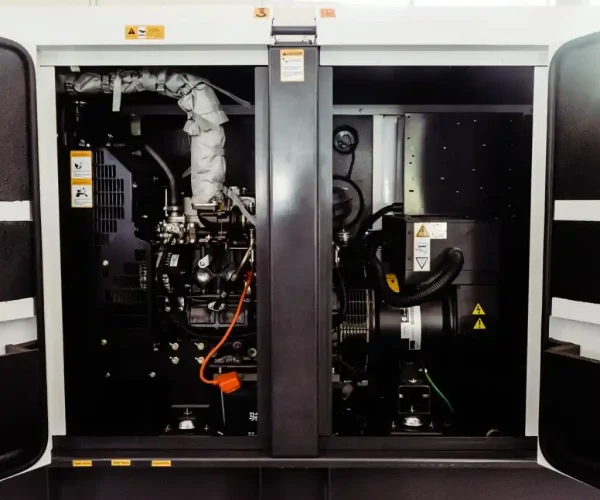

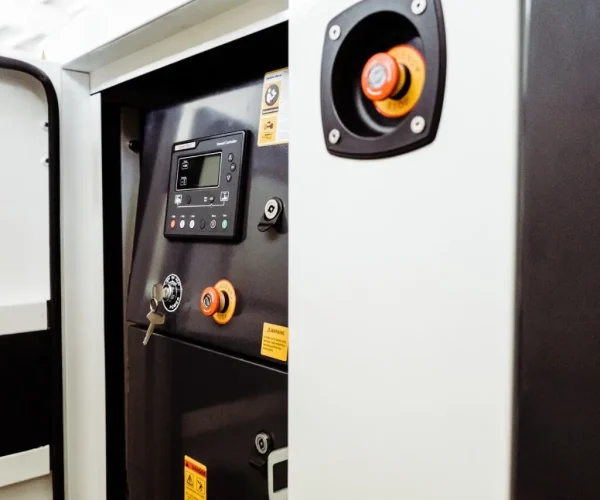
If you want to know more about how to use a Electric generator, we invite you to contact us to receive the specialized advice you are looking for. Or, if you are interested, learn more about our catalogue.

Hurricane season is a critical period for Puerto Rico, and being prepared can make the difference between safety and danger. In

Understanding how a hurricane forms allows us to be one step ahead and prevent the devastating effects of these natural phenomena. Especially in areas
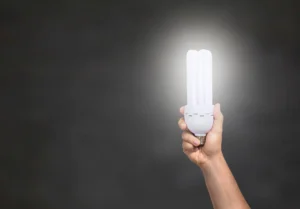
In a world where energy efficiency is increasingly a priority, learning to save energy has become a crucial need for both
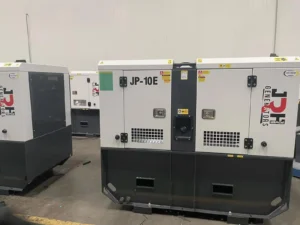
In a world that doesn't stop, the need for a reliable and continuous power source is more crucial than ever. At JRH Power
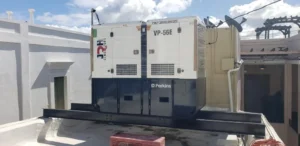
Have you ever wondered how electricity becomes a constant in our lives, even in the most critical moments? At JRH Power
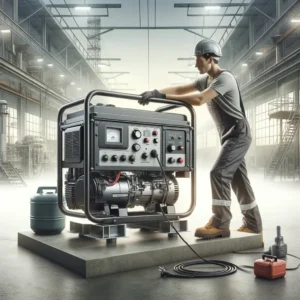
In our modern world, where electricity is vital, power outages are a frequent reality. Know how to connect a generator to the house